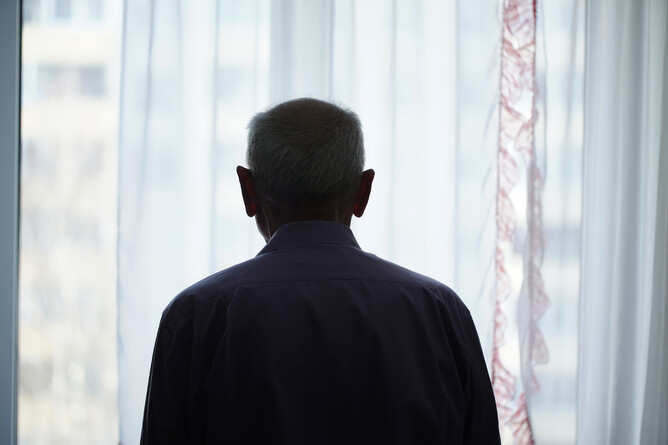Isolation among the elderly population is a significant concern with profound implications for their health and well-being. As individuals age, they may face various challenges, including reduced mobility, loss of loved ones, and limited social interactions. Levin Family Health explores the impact of isolation on the elderly in our communities and emphasises the importance of addressing this issue.
Physical Health: Isolation can have detrimental effects on the physical health of the elderly. Lack of social interaction and reduced engagement can contribute to a sedentary lifestyle, decreased mobility, and a higher risk of developing chronic conditions such as cardiovascular diseases, obesity, and musculoskeletal problems. Furthermore, isolation may result in inadequate nutrition and self-care, leading to compromised overall physical health and weakened immune systems.
Mental Health: Isolation has a significant impact on the mental health of the elderly. Feelings of loneliness, social disconnection, and loss of purpose can contribute to an increased risk of depression, anxiety, and cognitive decline. The absence of regular social interactions and support systems can lead to feelings of sadness, hopelessness, and a decline in overall psychological well-being. Moreover, isolation can exacerbate existing mental health conditions and reduce the effectiveness of coping mechanisms.
Quality of Life: Isolation significantly affects the quality of life for the elderly. Lack of social engagement and meaningful relationships can lead to a diminished sense of purpose, reduced life satisfaction, and a decreased sense of belonging. Social isolation can also limit opportunities for intellectual stimulation, emotional support, and participation in activities that enhance well-being and overall quality of life.
Physical Safety: Isolation among the elderly can compromise their physical safety. With limited social interactions, there is a decreased likelihood of identifying and addressing potential safety hazards or medical emergencies promptly. Isolation can also lead to reduced access to healthcare services, making it more challenging to receive timely medical attention and support.
The impact of isolation on the elderly in our communities is significant and multifaceted. Addressing this issue requires a holistic and pragmatic approach that encompasses social, physical, and mental well-being. At Levin Family Health we encourage social connections, promoting community engagement, and providing accessible support services for the elderly as essential steps in mitigating the negative effects of isolation.
Prioritising regular communication, facilitating transportation options, and creating inclusive spaces for social interaction are crucial in fostering a sense of belonging and improving the overall health and well-being of the elderly population. By recognising the unique challenges faced by the elderly and implementing strategies to combat isolation, we can create a more supportive and inclusive society for our elderly community members.
Levin Family Health encourages our elderly community to become a part of our family of "Friends of LFH" which offers opportunities for elderly to become part of our welcome to the clinic team. To become part of this initiative speak to our Practice Manager about how you can contribute to the Health and Wellbeing team at Levin Family Health.

